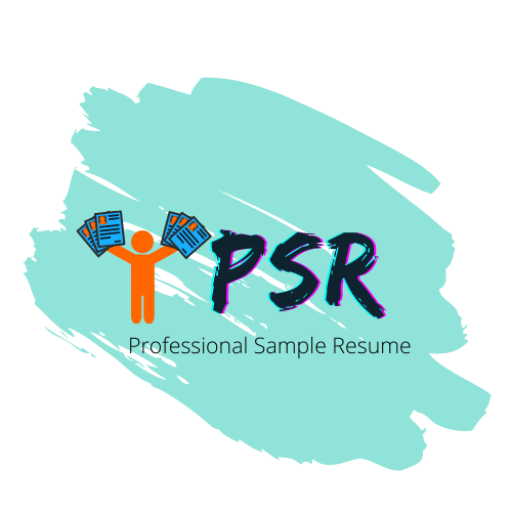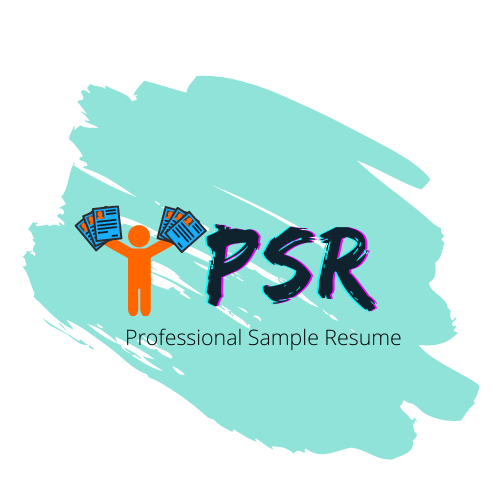Hello inspiring game developers. We’ve gathered a treasure trove of Godot developer interview questions and answers, but these aren’t just scripts to follow. They are windows into the minds and experiences of talented individuals who’ve navigated the exciting world of game development using the Godot engine.
Before getting deep into Godot developer interview questions-answers, look for Godot developer resume format.
So, let’s embark on this journey together, where each question is a door to a deeper conversation, and each answer is a glimpse into the heart of a developer. Imagine you’re at that café again, and the person across the table is about to reveal their insights into the art of Godot game development. That’s the kind of magic we aim to capture in every word, in every post.
Join us as we explore the human side of Godot developer interviews, where every interaction is a chance to learn, connect, and find inspiration. Together, we’ll dive into the world of Godot, where pixels meet passion, and code creates captivating stories.
Reading Lists
Experience and Qualifications
1. Can you briefly describe your experience with game development using the Godot engine?
Answer: I have over four years of hands-on experience in game development using the Godot engine. During this time, I’ve worked on a variety of projects, honing my skills in designing and implementing game mechanics.
2. Have you worked on any notable projects in your career as a Godot developer?
Answer: Yes, one of my notable projects involved developing a 2D platformer game with complex physics and character animations entirely in Godot. The game received positive reviews for its gameplay and performance.
3. How do you ensure your proficiency with GDScript and the Godot engine is up to date?
Answer: I stay updated by regularly visiting the Godot Engine website, following official documentation, and participating in forums and communities. Additionally, I subscribe to newsletters and contribute to open-source Godot projects.
Game Mechanics and Design Collaboration
4. Can you provide examples of specific game mechanics or features you’ve designed and implemented using Godot?
Answer: Certainly, I’ve designed and implemented features such as character abilities, puzzle-solving mechanics, and procedural level generation systems using GDScript and the Godot engine.
5. How do you collaborate with the game design team to develop and iterate on gameplay ideas?
Answer: I actively participate in brainstorming sessions, offering technical insights and rapidly prototyping ideas in Godot. This iterative process helps refine and enhance gameplay mechanics based on the design team’s vision.
6. What is your approach to balancing gameplay and ensuring player engagement in Godot projects?
Answer: Balancing gameplay involves extensive playtesting, adjusting variables, and seeking feedback from both the team and external playtesters. I use Godot’s scripting capabilities to fine-tune mechanics and difficulty levels.
3D Asset Integration and Optimization
7. How do you work with the art team to integrate and optimize 3D assets and animations in Godot projects?
Answer: Collaboration with the art team is crucial. We ensure assets are well-optimized for the engine, and I use Godot’s tools and scripting to create efficient animation systems, prioritizing visual quality and performance.
8. Can you describe your experience with handling resource-intensive 3D assets in Godot, and how you optimize for performance?
Answer: I’ve handled resource-intensive assets by implementing techniques such as LOD (Level of Detail), occlusion culling, and efficient texture management. Profiling tools in Godot help identify and address performance bottlenecks.
Coding Standards and Documentation
9. How do you ensure that your code is clean, efficient, and well-documented in Godot development?
Answer: I adhere to coding standards, use meaningful variable and function names, and provide clear comments throughout my codebase. This ensures readability and maintainability. I also utilize Godot’s built-in documentation features.
10. Can you provide an example of a complex coding problem you’ve solved in Godot development?
Answer: Certainly, I once tackled a complex issue related to multiplayer synchronization in a real-time strategy game. Through careful coding and debugging, I ensured that players’ actions were properly replicated across the network.
Debugging and Troubleshooting
11. How do you approach debugging and troubleshooting issues that arise during development in Godot?
Answer: I employ a systematic approach, using Godot’s debugging tools, reviewing code meticulously, and conducting tests to isolate and identify problems. This helps me address issues efficiently and effectively.
12. Can you share a challenging debugging scenario you’ve encountered in Godot and how you resolved it?
Answer: Certainly, I once faced a performance issue in a game where frame rate dropped significantly during intense scenes. I used Godot’s built-in profiling tools to identify the bottleneck, optimized the code responsible for the issue, and resolved it by implementing object pooling for better resource management.
Project Roadmap and Teamwork
13. How do you contribute to the development of the overall project roadmap and schedule in a Godot development team?
Answer: I actively participate in project planning meetings, offering technical insights on feature development timelines and dependencies. My goal is to help create a realistic project roadmap and schedule that aligns with the team’s goals.
14. How do you handle situations where team members have different opinions or conflicts regarding the development direction in a Godot project?
Answer: I believe in open communication and collaboration. In such situations, I encourage team discussions to understand different perspectives and find common ground. Ultimately, the focus should be on what’s best for the project’s success.
Teamwork and Communication
15. In your experience, how important is the ability to work well in a team environment in Godot game development?
Answer: Teamwork is paramount in Godot game development. Collaborating effectively with artists, designers, and other developers ensures that gameplay mechanics, assets, and code come together seamlessly to create an enjoyable gaming experience.
16. How do you ensure effective communication within a development team, especially when dealing with remote or distributed teams?
Answer: I rely on communication tools like Slack, Zoom, and project management software to facilitate effective communication. Regular meetings, clear documentation, and keeping everyone informed are essential aspects of successful remote teamwork.
Skills and Proficiency
17. Why is proficiency with GDScript and the Godot engine crucial for this role?
Answer: Proficiency with GDScript and Godot is essential because it streamlines game development. GDScript’s integration with the engine simplifies the creation of game logic, making it easier to implement features and mechanics.
18. Can you discuss your experience with scripting languages other than GDScript that you are proficient in?
Answer: While GDScript is my primary language for Godot development, I’m also proficient in Python and C#. These languages can be used in specific situations, such as creating plugins or integrating external libraries.
Continuous Learning and Updates
19. How do you stay updated on the latest developments and updates related to the Godot engine?
Answer: I stay updated by regularly visiting the Godot Engine website, following official documentation, and participating in forums and communities. Additionally, I subscribe to newsletters and actively contribute to open-source Godot projects.
20. Can you share your thoughts on the future of game development with the Godot engine and any innovations you’re excited about?
Answer: I see a promising future for Godot with ongoing improvements in performance, usability, and features. I’m particularly excited about Godot’s potential to support advanced rendering techniques, better VR/AR integration, and continued growth as a versatile game development tool.
Hope these interview questions helped you at least if yes then please let me know in the comment section. Thank you.



Pingback: Godot Developer Cover Letter - Professional Resume